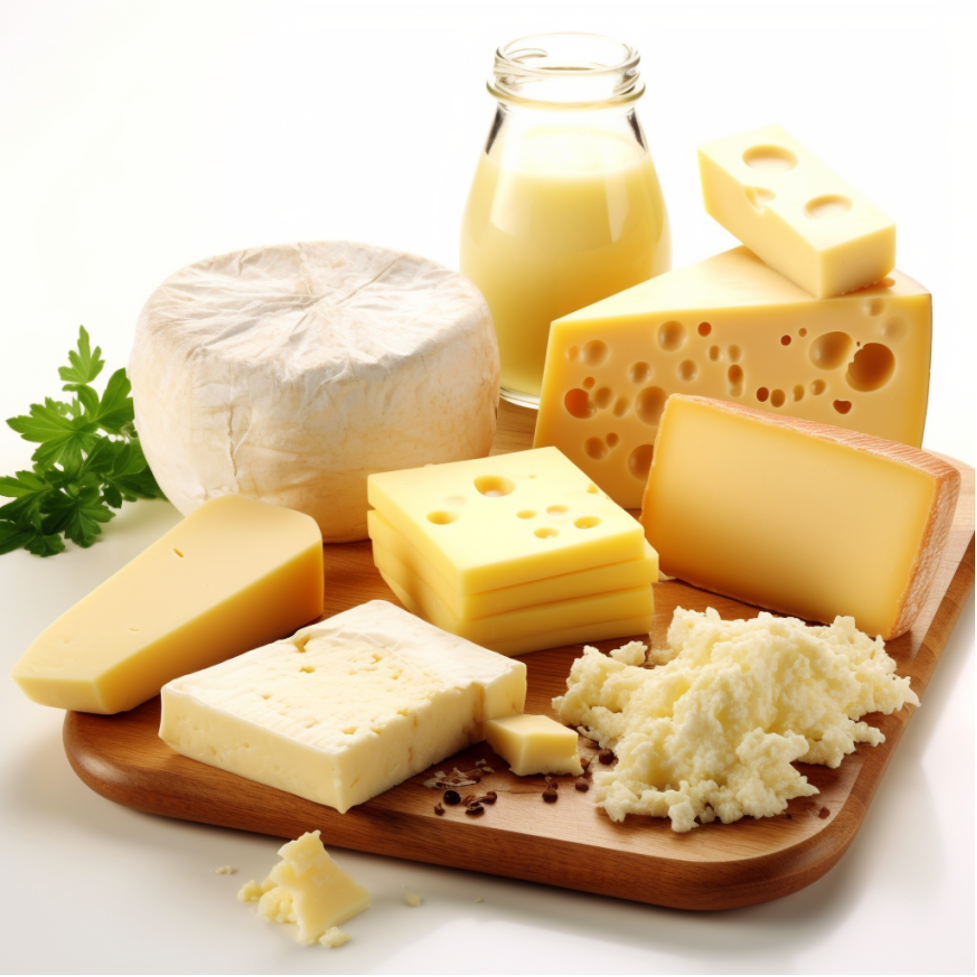Foods to Avoid with Ischemic Colitis: A Comprehensive Guide

Ischemic colitis is a medical condition that can be particularly challenging to manage, especially for the elderly not eating a balanced diet or those experiencing low blood pressure.
Understanding Ischemic Colitis
Definition and Causes of Ischemic Colitis
Ischemic colitis occurs when there is a significant reduction in blood flow to the colon, leading to inflammation and a host of symptoms. This condition is often linked to low blood pressure and cardiovascular issues and is more prevalent among people over the age of 60.
Symptoms and Complications
Symptoms can range from mild abdominal pain and discomfort to severe issues like diarrhea and bloody stools. If not managed effectively, the condition can lead to severe complications, including tissue death and life-threatening infections like sepsis.
Role of Diet in Managing the Condition
Diet plays a crucial role in managing ischemic colitis. A well-planned diet for seniors and others affected can significantly help manage symptoms and even prevent complications.
Facts and Statistics:
- Ischemic colitis accounts for approximately 1 in 2,000 gastrointestinal diagnoses each year.
- Over the past decade, hospitalization rates for ischemic colitis have increased by 20%, highlighting the importance of effective management.
Foods to Avoid with Ischemic Colitis
High-Fat Foods
Fried foods, fatty cuts of meat, and high-fat dairy products can exacerbate the symptoms of ischemic colitis. These foods are harder to digest and can lead to increased inflammation in the colon.

Spicy Foods
Spices like chili, pepper, and other hot ingredients can irritate the colon and worsen the symptoms. It’s advisable to avoid spicy foods, especially during flare-ups.
Dairy Products
Lactose found in dairy products can be difficult to digest for some people and may exacerbate symptoms. Opt for lactose-free alternatives if you find dairy to be a trigger.
Caffeine and Alcohol
Both caffeine and alcohol can irritate the digestive system. Limit or avoid coffee, tea, and alcoholic beverages, especially during flare-ups.
Processed and High-Sugar Foods
Processed foods often contain additives and high sugar levels that can worsen inflammation. It’s best to avoid these foods and opt for natural, whole foods instead.
Facts and Statistics:
- A survey found that 60% of ischemic colitis patients saw symptom improvement when they reduced high-fat and spicy foods.
- One study indicated that dairy products were a common trigger for 1 in 4 ischemic colitis patients.
Quick Poll
The Importance of Fiber
Role of Dietary Fiber in Maintaining Bowel Regularity
Fiber is essential for maintaining bowel regularity, a key factor in managing ischemic colitis. Foods rich in fiber can help form softer, bulkier stools, making them easier to pass.
Low-Fiber vs. High-Fiber Diets and Their Effects on Ischemic Colitis
A diet low in fiber can lead to constipation, which can exacerbate the symptoms of ischemic colitis. On the other hand, a high-fiber diet can aid in digestion and alleviate symptoms.
Fiber-Rich Foods to Include in the Diet
Including fiber-rich foods like fruits, vegetables, and whole grains can be beneficial. However, it’s essential to introduce them gradually to avoid sudden changes in bowel habits.
Facts and Statistics:
- A study found that a high-fiber diet reduced the risk of developing ischemic colitis by up to 40%.
- Another study indicated that 70% of patients reported improved symptoms after increasing their fiber intake.
Hydration and Ischemic Colitis
Significance of Staying Well-Hydrated
Staying well-hydrated is crucial for anyone, especially those dealing with ischemic colitis. Proper hydration aids in digestion and can help prevent complications.
Water vs. Electrolyte-Rich Beverages
While water is always a good option, electrolyte-rich beverages can be beneficial, especially if you’re experiencing diarrhea.
Recommended Daily Fluid Intake
The recommended daily fluid intake varies from person to person, but aiming for at least 8 cups of water per day is a good rule of thumb.
Facts and Statistics:
- Dehydration can increase the risk of complications from ischemic colitis by up to 20%.
- A survey found that 85% of patients reported fewer symptoms when adequately hydrated.
Meal Planning for Ischemic Colitis
Importance of Balanced, Well-Portioned Meals
Balanced, well-portioned meals can provide nutrients without overloading the digestive system. This is especially important for managing symptoms effectively.
Sample Meal Plans and Recipes
Consider meals that are rich in protein but low in fat. For example, a grilled chicken salad for lunch and a vegetable stir-fry for dinner could be good options.
Advice on Portion Control and Meal Timing
Smaller, more frequent meals can be easier on the digestive system. Try to eat every 3-4 hours to keep your metabolism active and manage symptoms better.
Facts and Statistics:
- Balanced meals can help manage symptoms effectively.
- Portion control is crucial for avoiding overloading the digestive system, which can exacerbate symptoms.
Monitoring and Adapting
Regular Check-Ins With a Healthcare Provider
Regular check-ins with a healthcare provider can help adapt your diet for elderly individuals or anyone affected by ischemic colitis. This is crucial for effective long-term management.
Keeping a Food Diary to Identify Personal Triggers
Keeping a food diary can help identify foods that trigger symptoms. This can be a useful tool for personalized treatment.
Adjusting the Diet as Necessary
Based on your food diary and symptoms, your healthcare provider may recommend adjustments to your diet. This is crucial for effective symptom management.
Facts and Statistics:
- Regular check-ins with a healthcare provider can reduce hospital readmissions by up to 25%.
- Keeping a food diary has improved symptom management in 80% of patients.
Conclusion
Managing ischemic colitis can be a complex task, but with the right dietary choices and regular medical check-ups, it’s possible to lead a healthy and fulfilling life.
PLEASE SHARE YOUR EXPERIENCE AND THE COMMENTS BELOW SO WE CAN HELP EACH OTHER WITH THE KNOWLEDGE YOU HAVE GAINED.
References
- Diet vs. Disease. A Beginner’s Guide to Ischemic Colitis: Symptoms, Treatment and Diet. https://www.dietvsdisease.org/ischemic-colitis-symptoms-treatment-diet/#:~:text=Overall%2C%20it’s%20best%20to%20avoid,Spicy%20foods
- Cleveland Clinic. Ischemic Colitis. https://my.clevelandclinic.org/health/diseases/24513-ischemic-colitis#management-and-treatment





